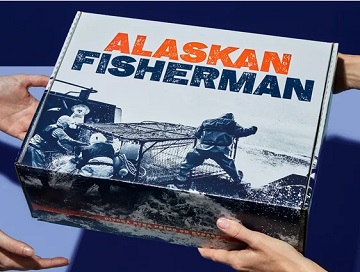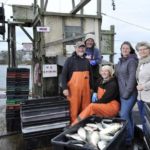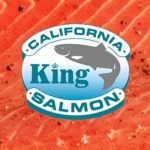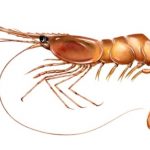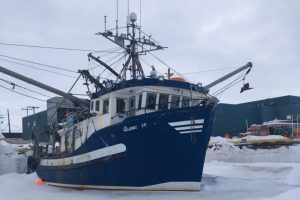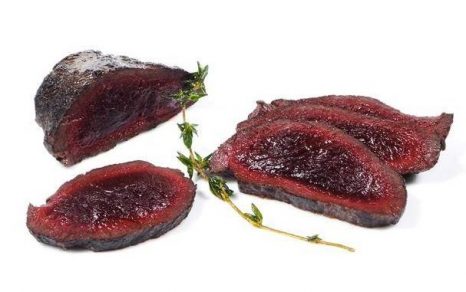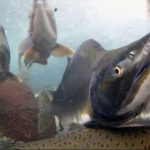Daily Archives: June 9, 2023
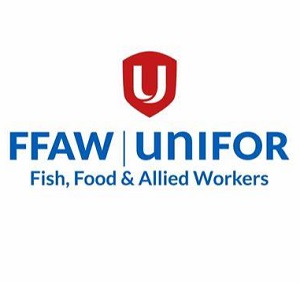
Fairness in Scheduling and the Targeted Elimination of the Small-Boat Fleet
Three weeks into the snow crab fishery and dozens of attempts made to work out a fair arrangement for fish harvesters, FFAW-Unifor is calling on the provincial government to better regulate processing companies, issue additional processing licenses, and open the province up to outside buyers immediately to allow inshore harvesters to sell their catch. “Processing companies are engaging in unethical business behaviour to the targeted detriment of the small boat fleet in our province. The fishery may be open with a price agreement in place, but with no avenue to sell, harvesters are still in crisis,” says FFAW-Unifor Secretary-Treasurer Jason Spingle. “Our Union has made every effort this year to work out a fair proposal to ensure all fleets have a fair opportunity to participate in the fishery, but at every turn we’ve only been met with the same fish merchant-style tactics,” he says. >click to read< 15:10
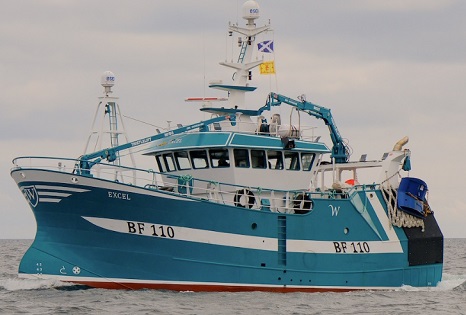
New Twin-Rigger’s Efficiency and Comfort
Looking for a modern trawler with more comfort for the crew, as well as better steaming speed and fuel efficiency when towing, while staying largely with the successful and familiar layout of their previous vessel, Derek Watt and his son Philip went back to Macduff for their new Excel BF-100. Designed to operate from Fraserburgh, fishing primarily for nephrops in the North Sea, the new F/V Excel replaces vessel of the same name that Macduff delivered to the family in 2010 and which has served them well since. Staying with the general internal layout and working arrangement that has shown itself to work well over the years was a key factor in the design, developed by the owners with the yard and Macduff Ship Design, which would make the transition to the new vessel a painless process. Photos, >click to read< 13:23
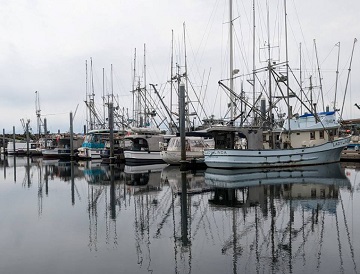
‘It’ll be a disaster’: Southeast Alaska fishermen fear looming closure of king salmon fishery
“I’m optimistic, but I’m also scared as heck,” said Eric Jordan, a lifelong fisherman and resident of trolling stronghold Sitka at the standing room-only meeting with federal National Marine Fisheries Service officials. The closure of the king salmon fishery in Southeast Alaska would be economically devastating, according to many in the region who rely on the valuable fish for their annual income. A federal judge in Washington state effectively shut down the fishery in May in response to a lawsuit brought by Wild Fish Conservancy, a Washington organization. The suit contends that the fishery should be closed to protect endangered killer whales in Puget Sound that feed on chinook salmon. >click to read< 11:46
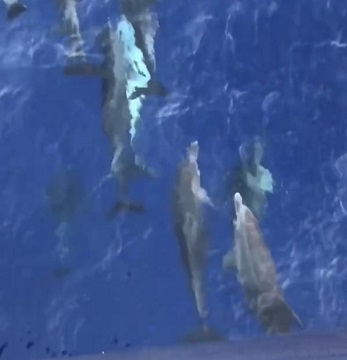
A seismic blasting whistleblower speaks
Hayley had been working on seismic blasting vessels for almost three years when she realised just how destructive the practice was. Her final assessment was simple: “I can’t believe that this is legal.” Hayley, who asked for her real name to not be used, was employed as a marine fauna observer. Her job was to look for marine mammals such as the southern right whale, which could be harmed by the blasts used to search the ocean floor for oil and gas. Blasting would be paused only when specific whales were sighted. The negative impacts of the blasting are hard to see because they happen below the surface. >click to read< 10:16

Pollution Kill of ’76
In 1976 Gosta “Swede” Lovgren of Point Pleasant N.J. witnessed first hand the destructive effects of a massive Fishkill, caused by an oxygen deprived dead zone that stretched from Long Island south to Atlantic city, and extended 40 to 50 miles to the east. In this article he describes firsthand not only the environmental aspects of the Fishkill, but his efforts to halt ocean sludge dumping. Swede was the leader of the commercial fishermen’s fight against ocean dumping which included filing a $500,000,000 lawsuit against the city of New York. Fascinating reading, well worth your time. >click to read< 09:09
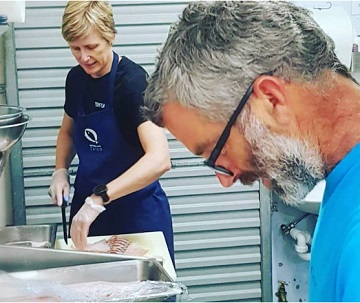
Fisheries scientist fears fish and chip prices will increase following gillnet fishing ban
For decades, fishers in Queensland have used large rectangular gillnets in creek mouths to catch barramundi, threadfin, and other popular table fish. But this week the Queensland and federal governments announced a ban on the practice by 2027, after conservationists raised concerns about the impact of the nets on dugongs, turtles, and sharks. The move has infuriated the fishing industry, which warns fresh Australian fish will be taken off the market and replaced with overseas farmed products. Fisheries scientist and commercial fisher Andrew Tobin said the industry was “completely blindsided” by the ban. >click to read< 08:14






